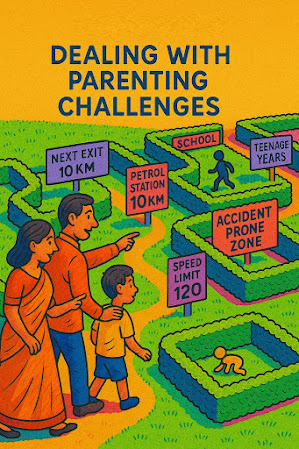6.8 Encouraging Lifelong Learning in Children

Elder Experiences and Traditional Learning Wisdom Lifelong learning begins not from school desks but from the atmosphere we create at home. Many elders recall their childhood when learning was a natural part of everyday life. One grandfather recounted how he learned mathematics by helping his father measure grains in the village market, never realizing he was gaining skills that would one day manage a business. Another elder shared that storytelling sessions under a banyan tree were the roots of his love for literature, later turning into a successful teaching career. These experiences show that curiosity, when nurtured early, becomes the fuel for lifelong exploration. By embedding learning into daily conversations and activities, parents can mirror the tradition of organic education, making every moment a stepping stone toward greater wisdom. Creating a Stimulating Home Environment A home filled with creativity, warmth, and freedom to ask questions naturally fosters an environme...








